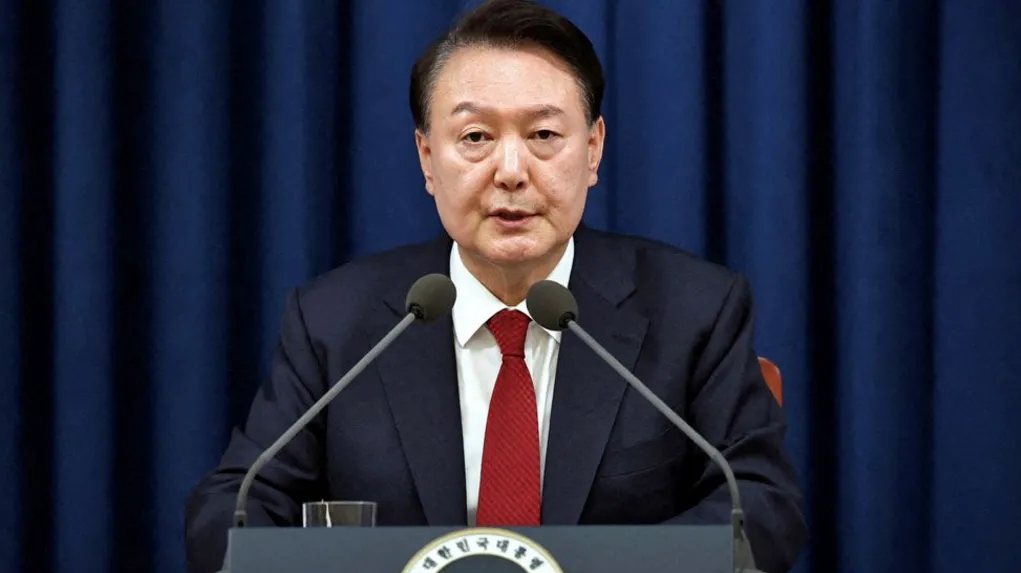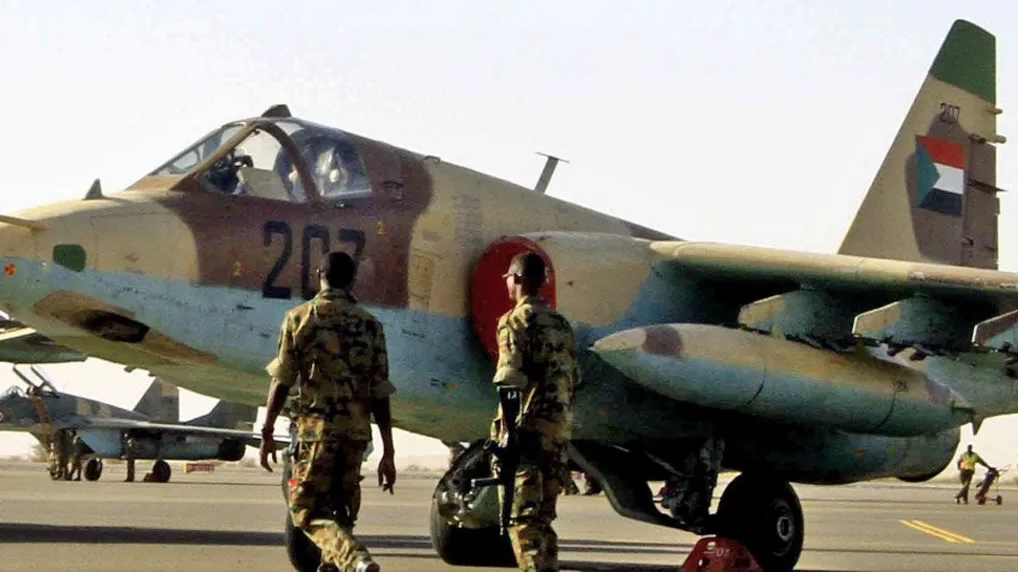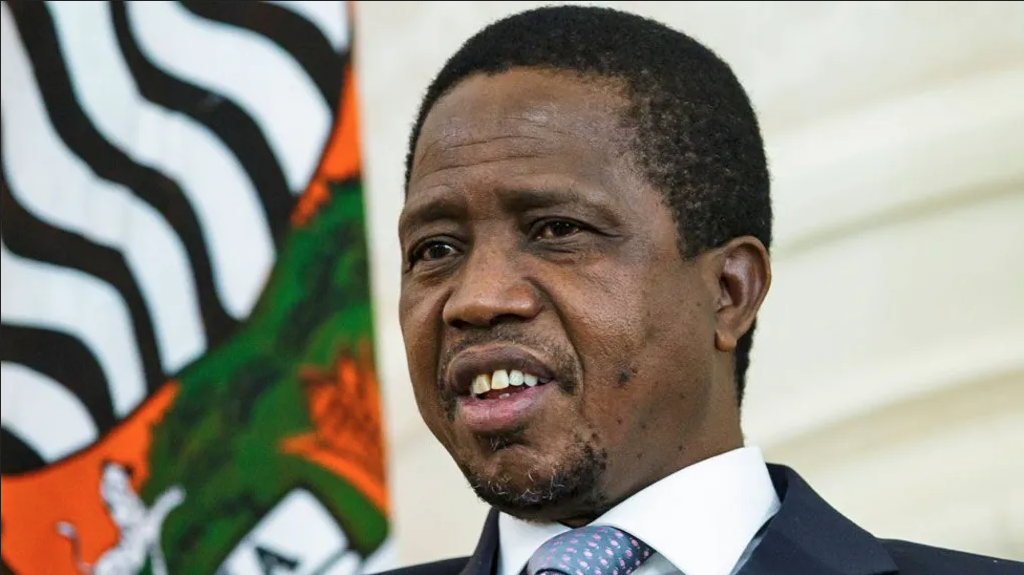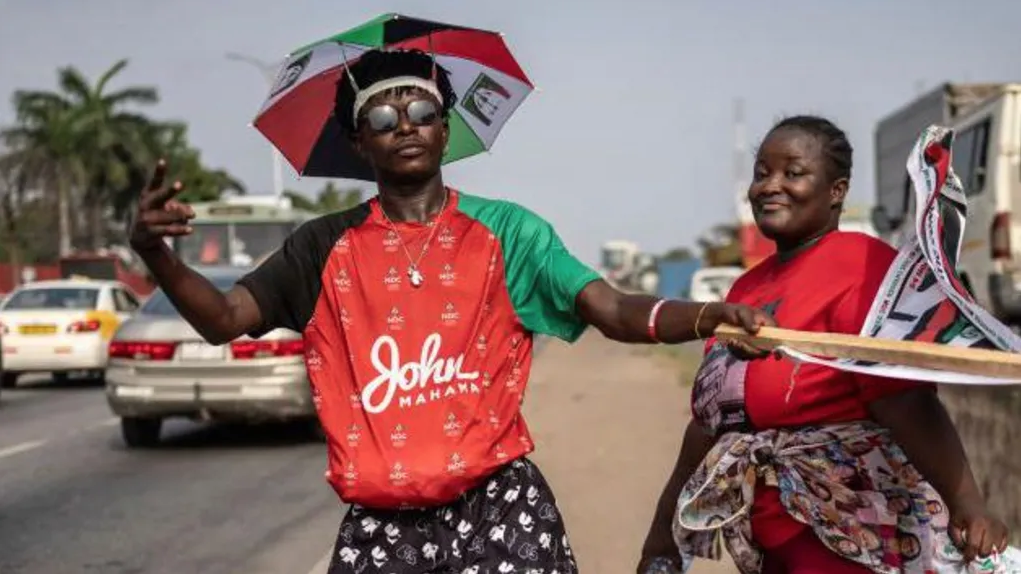A NAMIBIAN Government spokesperson has dismissed Amnesty International’s latest yearly report on Namibia as “the usual garbage” and lacking in substance.
Mocks Shivute, Permanent Secretary in the Ministry of Information and Broadcasting, said the report was “repetitive” and that he did “not know where they (AI) got” the information from. The London-based human rights organisation devoted a page to Namibia, saying “arbitrary detention and excessive use of force by the Police” and Special Field Force members continued and that journalists “perceived to be critical of the Government were harassed and threatened”.It named President Sam Nujoma as having attacked media professionals when he warned in August that Windhoek Observer editor, Hannes Smith, was “looking for trouble” after he disputed the President’s autobiographical account of black people’s forced removal to Katutura in 1959.The Caprivi secession issue continued to be a blot on Namibia’s human rights record.Amnesty International, which last year criticised the state for its slow dealing with the case that would be five years old in August, again pointed to “undue delays”.It also questioned the deaths in custody of the Caprivi treason accused, saying “no independent or impartial inquiry” had been carried out “as required under Namibia’s international human rights obligations”.Under its annual report for Namibia, AI listed the food shortages caused by poor weather.The organisation’s Secretary General, Irene Khan, writing about “why human rights matter” said: “There is no path to sustainable security except through respect for human rights.Sacrificing human rights in the name of security at home, turning a blind eye to abuses abroad, and using pre-emptive military force where and when it chooses have neither increased security nor ensured liberty.”The London-based human rights organisation devoted a page to Namibia, saying “arbitrary detention and excessive use of force by the Police” and Special Field Force members continued and that journalists “perceived to be critical of the Government were harassed and threatened”.It named President Sam Nujoma as having attacked media professionals when he warned in August that Windhoek Observer editor, Hannes Smith, was “looking for trouble” after he disputed the President’s autobiographical account of black people’s forced removal to Katutura in 1959.The Caprivi secession issue continued to be a blot on Namibia’s human rights record.Amnesty International, which last year criticised the state for its slow dealing with the case that would be five years old in August, again pointed to “undue delays”.It also questioned the deaths in custody of the Caprivi treason accused, saying “no independent or impartial inquiry” had been carried out “as required under Namibia’s international human rights obligations”.Under its annual report for Namibia, AI listed the food shortages caused by poor weather.The organisation’s Secretary General, Irene Khan, writing about “why human rights matter” said: “There is no path to sustainable security except through respect for human rights.Sacrificing human rights in the name of security at home, turning a blind eye to abuses abroad, and using pre-emptive military force where and when it chooses have neither increased security nor ensured liberty.”
Stay informed with The Namibian – your source for credible journalism. Get in-depth reporting and opinions for
only N$85 a month. Invest in journalism, invest in democracy –
Subscribe Now!






